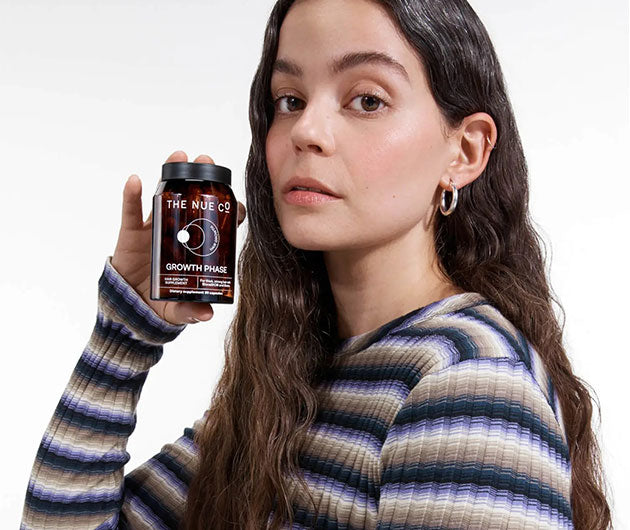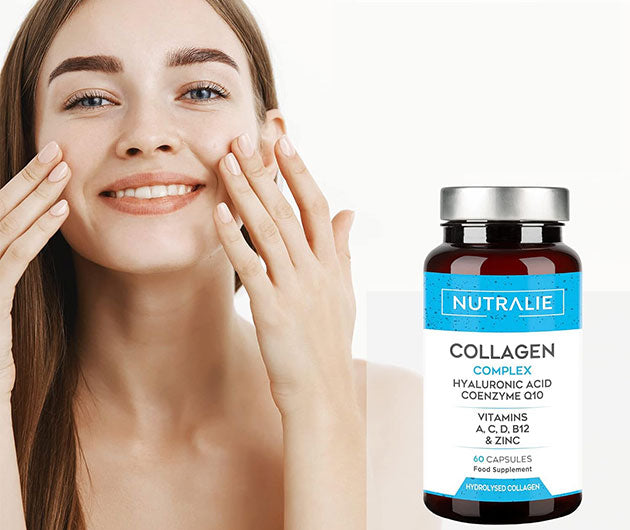Sunscreen: Essential Protection for Healthy Skin
Sunscreen is more than just a summer essential—it's a year-round necessity to protect your skin from harmful UV rays. Whether you're heading to the beach, hiking in the mountains, or simply running errands, applying sunscreen helps shield your skin from sun damage, premature aging, and even skin cancer. In this guide, we'll dive into the various types of sunscreens available and how to choose the best one for your needs, from the best sunscreen for your face to mineral-based and waterproof options.
Choosing the Best Sunscreen for Your Face
Finding the best sunscreen for your face can be challenging, given the wide variety of products on the market. Look for a sunscreen that offers broad-spectrum protection, which shields against both UVA and UVB rays. For daily use, a lightweight, non-comedogenic formula is ideal, especially if you have acne-prone or sensitive skin.
Many people prefer a tinted sunscreen as it offers both sun protection and a subtle, skin-perfecting tint, eliminating the need for heavy foundations. Tinted sunscreens often come with an SPF rating, and some even offer extra hydration or anti-aging ingredients.
Understanding Mineral Sunscreen and Chemical Sunscreen
When choosing between mineral sunscreen and chemical sunscreen, it’s important to understand the key differences. Mineral sunscreens, also known as physical sunscreens, use natural minerals like zinc oxide or titanium dioxide to form a barrier on your skin, reflecting the sun's rays. This makes them an excellent option for people with sensitive skin, as they are less likely to cause irritation.
Chemical sunscreens, on the other hand, absorb UV radiation before it can penetrate your skin. While they tend to be lighter in texture and easier to apply, they can sometimes cause skin irritation, particularly for those with sensitive or reactive skin. The debate of chemical vs. mineral sunscreen continues, but both provide effective protection when applied correctly.
Sunscreen for Sensitive Skin
If you have sensitive skin, it’s crucial to choose a sunscreen specifically formulated to be gentle. Opt for fragrance-free, hypoallergenic products to minimize irritation. Mineral sunscreens are often the best choice as they lack harsh chemicals that can trigger reactions.
Why SPF Matters: Sunscreen SPF 50
SPF, or Sun Protection Factor, measures how well a sunscreen protects your skin from UVB rays. While you can find sunscreens with a wide range of SPF levels, experts recommend using sunscreen with SPF 50 for optimal protection, especially if you spend extended periods outdoors. It blocks approximately 98% of UVB rays, providing stronger defense compared to lower SPF options.
Waterproof Sunscreen for Outdoor Activities
Whether you're swimming, running, or engaging in other outdoor activities, a waterproof sunscreen is vital. These sunscreens offer more extended protection in water or when you sweat, reducing the need for frequent reapplication. However, it's essential to reapply after swimming or excessive sweating to maintain effective coverage.
Protecting the Environment with Reef Safe Sunscreen
For those concerned about the environment, choosing a reef safe sunscreen is a responsible choice. Many chemical sunscreens contain ingredients like oxybenzone and octinoxate, which can harm coral reefs. Reef-safe sunscreens exclude these harmful chemicals, making them safer for marine life while still offering excellent UV protection.
Sunscreen for Kids: A Must-Have
Children’s skin is more delicate and sensitive, making sunscreen for kids an essential part of their outdoor routine. Choose a sunscreen with SPF 50 or higher and ensure it's free of harsh chemicals. Organic sunscreen options are great for kids, providing natural protection without harmful additives.
Conclusion
Using the right sunscreen is critical to maintaining healthy, radiant skin. Whether you're seeking the best sunscreen for your face, a mineral sunscreen for sensitive skin, or a waterproof sunscreen for your next outdoor adventure, it's essential to choose a product that meets your needs. Remember to reapply sunscreen every two hours, especially after swimming or sweating, and opt for eco-friendly options like reef safe sunscreen to protect both your skin and the environment.
- Choosing a selection results in a full page refresh.








